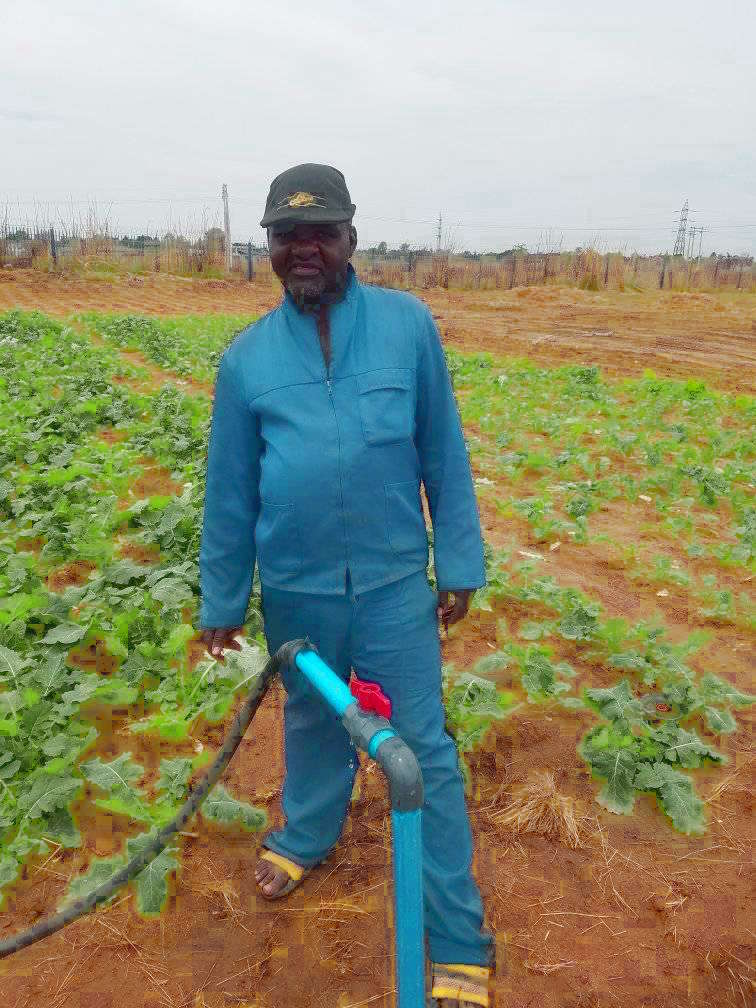When little Biggie (Bigboy – real name) had to help his parents in the Garden planting vegetables, taking care while growing and saving the crop to help the family with some food to ensure their living, he started to dream about future.

Our mission – raise tree seedlings, plant and protect them.
We accomplished a lot of work on Mt. Darwin, since starting this journey, only a few months ago. The last months congregated on the land, being happy and chatting for the right way to go.
In five years, we hope to have touched very many lives in different parts of the country on the importance of environmental conservation and the restoration of ecosystem functions.
By then we hope to be fully established across the country and able to promote protection of wetlands, water harvesting, organic gardening and solar farming.
Recent Project
Building of the kitchen to help our orphans, is underway.
We also planted 10 avocado trees and a crop of maize.
We will fence the organic market garden and make the tree planting shade, in addition to what is going to be done to finish the kitchen.
Actually we search to fund the building material we need:
100 droppers (small fencing poles) $100;
3 rolls barbed wire@$70 – $210;
10 bags plastering cement @$7 – $70;
6000 bricks @$30/1000 bricks $180;
20m x 5m tree planting shade $150;
15bags cement for building $$150;
40 poles for organic garden $80;
5 organic fertilizer bags @$25/bag – $125
Total: $1,075.00
If you wish, follow our progress on Facebook:
https://www.facebook.com/Zimbabwe-Umuntu-Permaculture-Projects-100743338294089/
